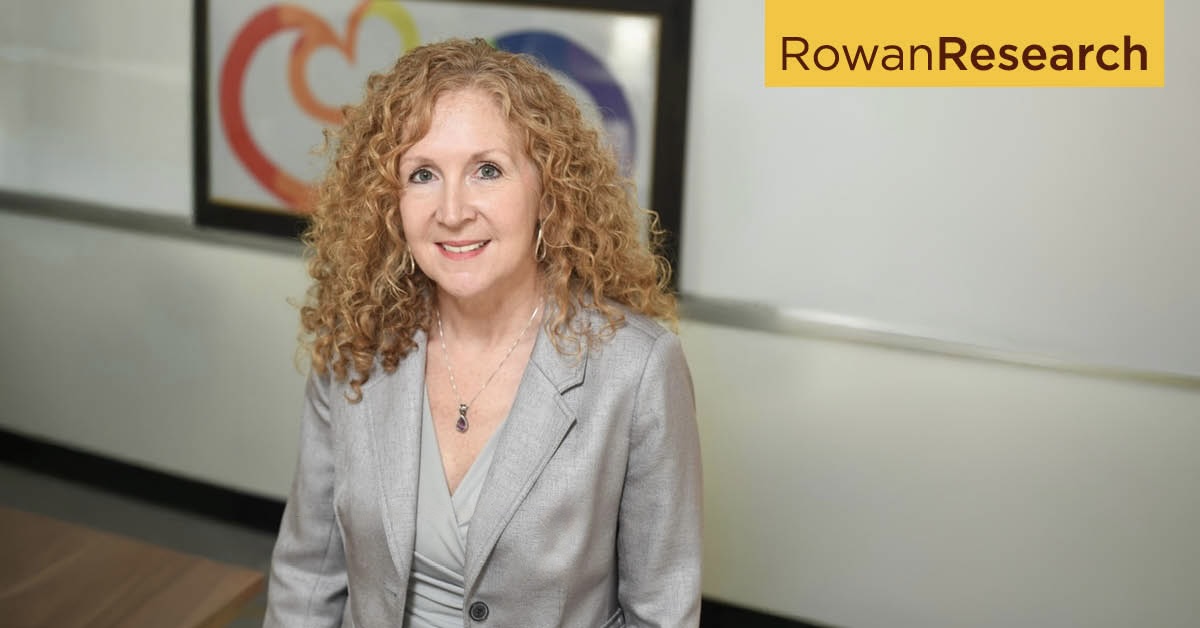Clearing barriers and promoting inclusion for neurodivergent students
Clearing barriers and promoting inclusion for neurodivergent students

Amy Accardo, Ed.D.
Educator
Areas of expertise:
Autism, neurodiversity, mental health, inclusion, higher education
More informationAmy Accardo researches the barriers neurodivergent and disabled students face and promotes pathways for inclusion.
“Disability has long been excluded from social justice efforts in K-12 and higher education,” said Accardo, co-chair and associate professor in the Department of Wellness & Inclusive Services in Education in the College of Education. “Traditional special education approaches often emphasize deficits rather than strengths.”
In their research, Accardo and her colleagues revealed “alarmingly high rates of anxiety and depression among autistic youth with attention deficit hyperactivity disorder (ADHD). Rates were nearly 10 times higher than those of their non-autistic, non-ADHD peers,” Accardo said.
“Professionals often overlook the mental health needs of autistic and/or neurodivergent youth or chalk up their symptoms to their disability label,” she said. “This is especially harmful because it prevents autistic people from accessing appropriate mental health support.” She added that “autistic youth must be able to access the same support as their non-autistic peers.”
Accardo has received more than $8 million in funding and published 29 articles and one book along with her co-investigators. She aspires to drive systemic change, centering neurodivergent voices and guiding educators and other professionals to create inclusive learning environments.
“I hope to ensure that neurodivergent students’ mental health needs are recognized and neurodiversity is valued,” she said. “My work advocates for proactive, holistic supports, such as trauma-informed practices and universal design and calls on education communities to create inclusive environments that benefit everyone.”
University administrators and faculty have a unique opportunity to challenge outdated paradigms by adopting a neurodiversity-affirming lens that values all students, faculty and staff, Accardo said. “I model this shift in my own work, centering the lived experiences of neurodivergent youth and examining the systemic barriers they face.”
Rowan University researchers are passionate about what they do. Find more at Meet Our Researchers.